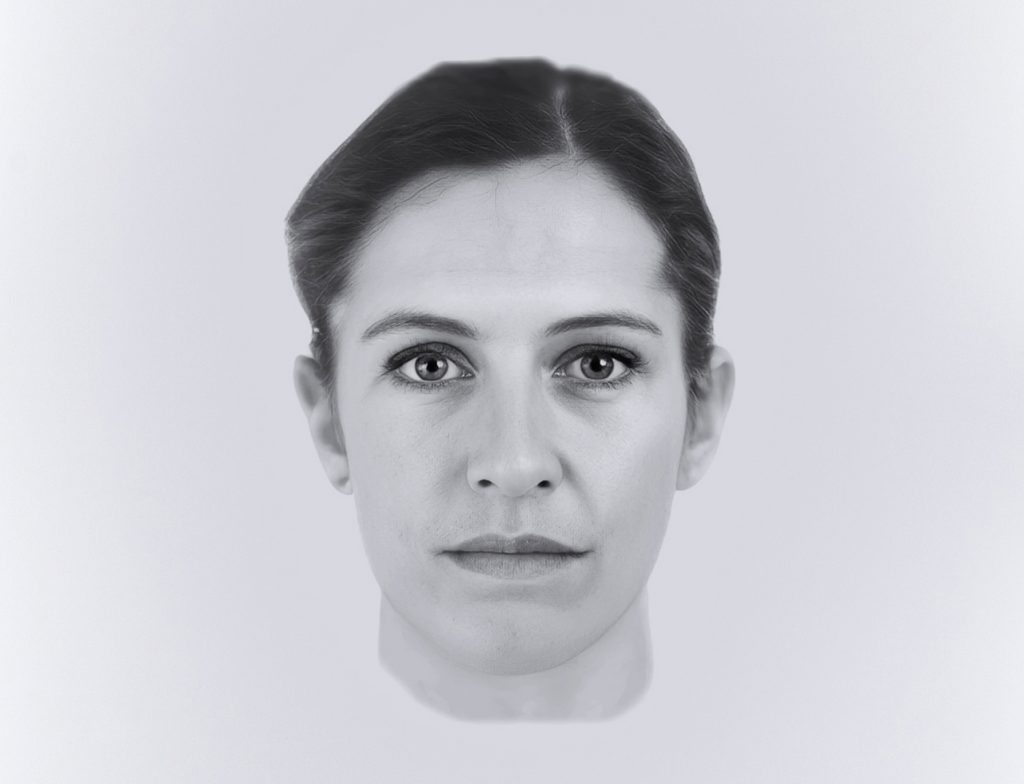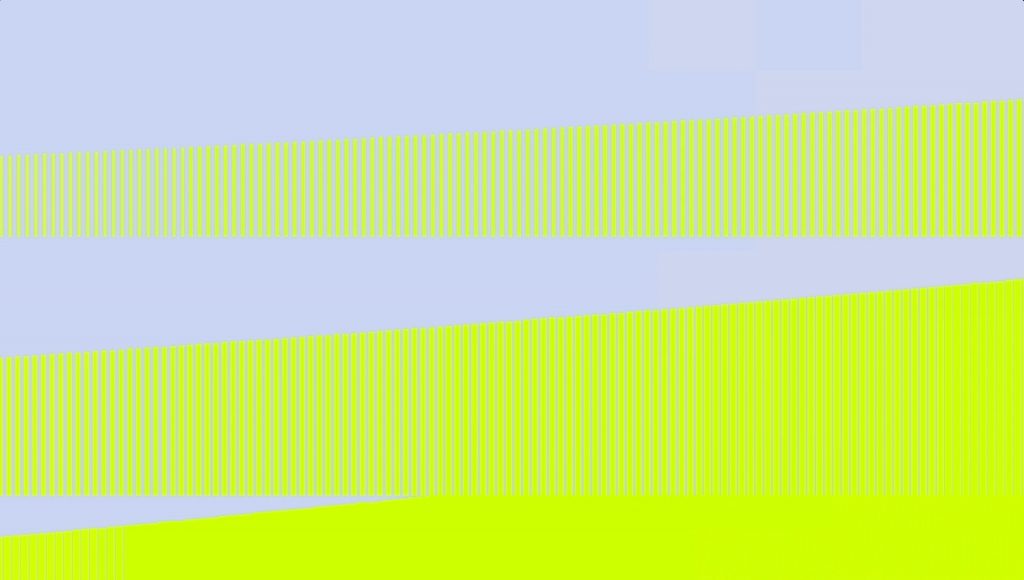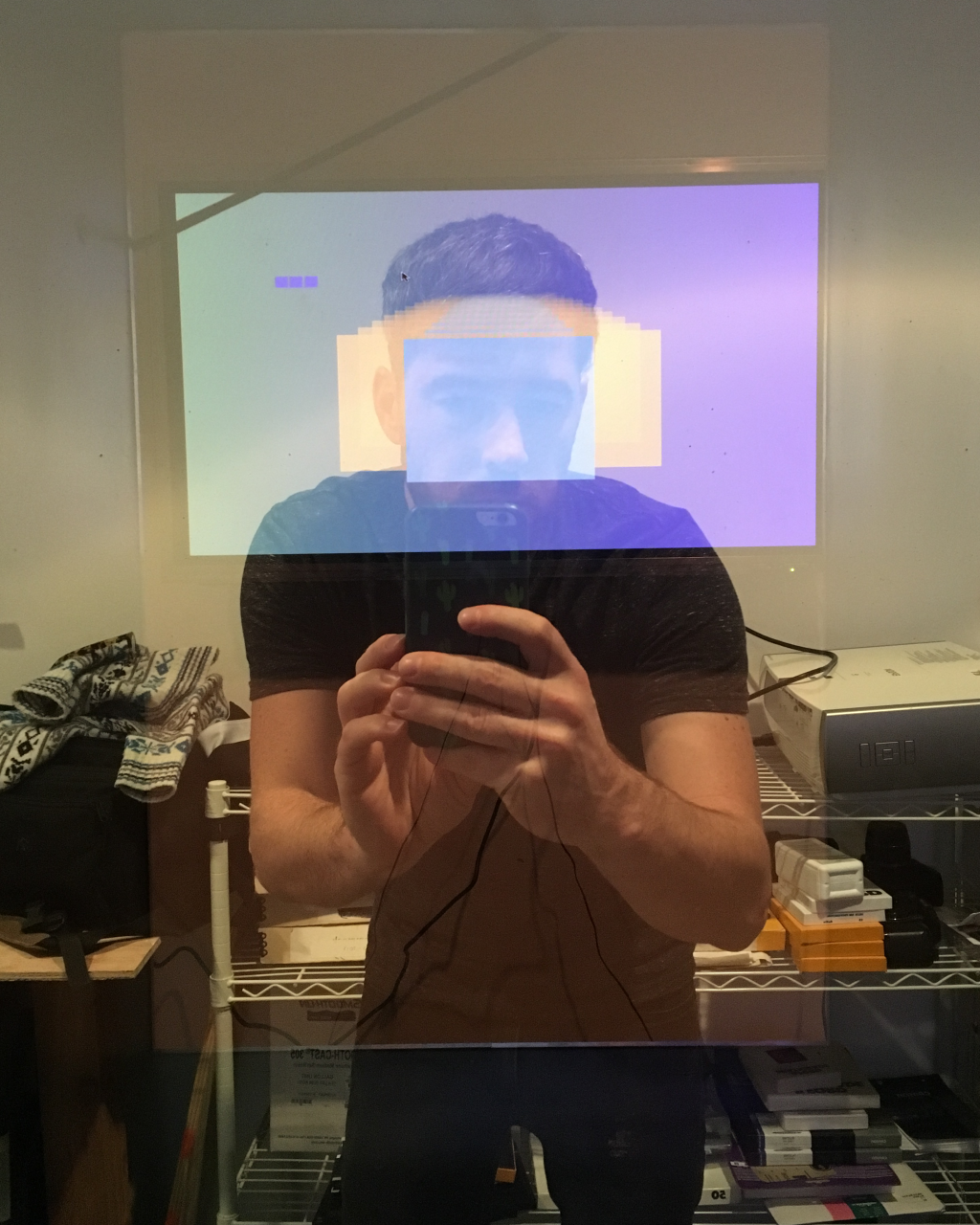Forest Kelley is an artist and experimental composer whose work visualizes hidden facets of social systems and technologies. He has exhibited in galleries including 1708 Gallery, Richmond, Virginia; Clamp Art, New York; Filter Space, Chicago; Rotterdam Photo, Rotterdam; and SF Camerawork, San Francisco. In 2022 he produced the installation Their Memories Also Mine at Veddel Space, Hamburg in collaboration with artists Duygu Ağal (Hamburg/Berlin), Derya Yildirim (Hamburg/Berlin), and James Enos (US). He released the full-length experimental album Silt on the label ENXPL (Enmossed + Psychic Liberation) Pisgah Forest, North Carolina and Berlin. He was recognized with the 2020 Imagemaker Award by the Society for Photographic Education. In 2018, he contributed music to Academy Award-nominated and Criterion Collection-selected documentary Hale County This Morning, This Evening, for which he received a Peabody and the award Best Music Score from the International Documentary Association. He is an Assistant Professor in the School of Art and Visual Studies at the University of Kentucky in Lexington.
As an artist, Kelley has navigated parallel paths in visual art and experimental music. In recent years, these distinct creative approaches have converged, resulting in a practice that increasingly integrates visual art with experiential sound. Anchored in narrative traditions, his work is an endeavor to comprehend events and phenomena dislocated from public view—from outcast social histories, to anonymous labor, to the underlying elements of digital technologies. In both installations, Kelley explores otherwise invisible aspects of the internet, from the underlying structures of software to the systems that enable anonymous labor.
Learn more:

Virtual Worker Diaries
In recent years, websites have emerged where individuals can buy micro-labor: small, discrete tasks that can be performed by workers with internet access, usually for proportionately small sums of money. Virtual Worker Diaries aims to highlight the layers of obfuscation inherent to these labor markets—anonymous employers hiring anonymous workers to perform tasks in a context vacuum.
This nascent workforce is effectively invisible, widely distributed, and largely unregulated. We can think about these workers as existing post-place or post-identity. Unlike the offshoring of manufacturing with its anchored labor pool, virtual workers can be anywhere—across the globe or just as likely sharing your air conditioning, and you wouldn’t know the difference. In this work, Kelley asks us to consider how we as social beings will respond to conditions that have become increasingly predicated on invisibility, anonymity, and social isolation.
In this work, Kelley is interested in online labor platforms as sites where the representational tools that we depend on for advocacy work become infeasible. It is an attempt to do the impossible, to reify and reimagine the original storytellers, to give voice to individuals whose stories he collects but who have otherwise vanished. He collaborates with (commissions) virtual workers in order to collectively imagine who these initial real but inaccessible authors are. These layers of subjective participation are embodied in the work: rather than existing as an index of an individual’s likeness, each portrait is an index of accumulated and collective effort.
Each work materializes as a commissioned personal reflection and speculative portrait made in collaboration with other virtual workers. Workers create artificially generated photographs (“forensic face composites”) of the authors they imagine. The initial composite portraits are then given to a worker who uses AI super-resolution software to create a photographically real, high-resolution picture. Voice actors are hired to narrate the stories. What we are left with are works that assert truth and indexicality even though they are—at the same time—evidently fictions composed from the voices, images, and effort of numerous real people. In this way, they aren’t simply imagined, but the embodiment of a collective imagination.
Traditionally, photography’s power lies in its ability to claim some connection to its referent. In this work, Kelley wants viewers to be attracted to those same impulses of familiarity and the uncanny while simultaneously being repulsed by these likenesses’ failure to represent and their inherent alienation from the person who wrote the initial story, reminding us that online platforms are designed to dehumanize and distance us from each other.
These works aren’t exactly truth or precisely evidence. They are layers of real but ungraspable circumstances and experiences materialized in these speculative identities. In this way, this work isn’t simply about truth and evidence, but the desire for it. It is a collaborative act of translation that conveys the growing agency gap in virtual labor marketplaces as one’s ability to work comes at the expense of one’s humanity.

Paradise
These works deconstruct the architectures of template-based websites and plugins (such as image carousels and slideshows), obfuscating their intended function and revealing, fracturing, and retooling their underlying form. Kelley treats the structures of these plugins as material, reprogramming them to highlight and make visible features that would otherwise be imperceptible. The emerging patterns are not purpose made; they arise from extending processes, originally designed to occur instantaneously, over several minutes.
The sound is produced via open-source webpage audio software. This code was expanded upon by the artist to generatively and probabilistically trigger numerous audio fragments in quick succession. This extended the original software beyond its intended applications (creating a playlist, for example), allowing the work to operate with a sense of autonomous self-determination.
